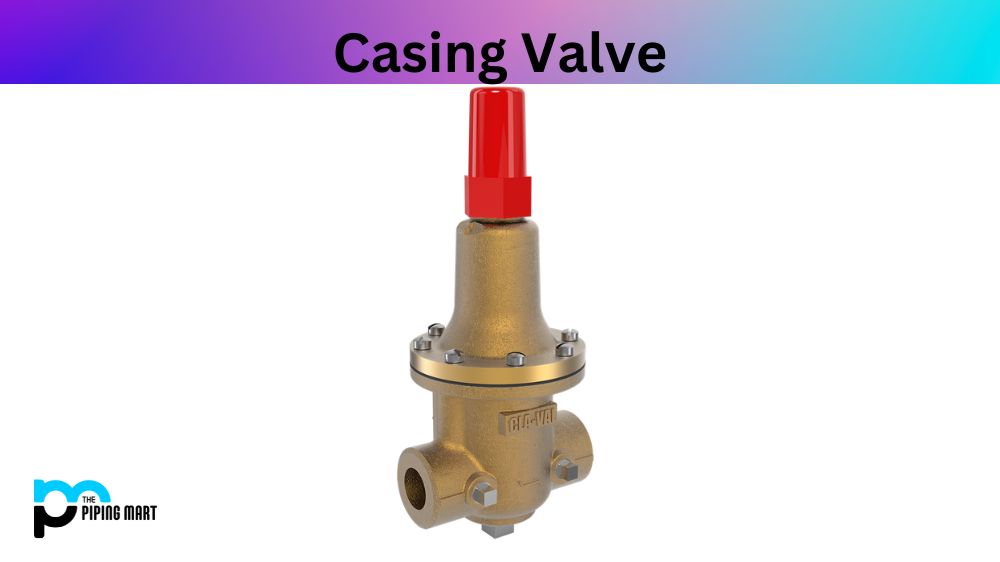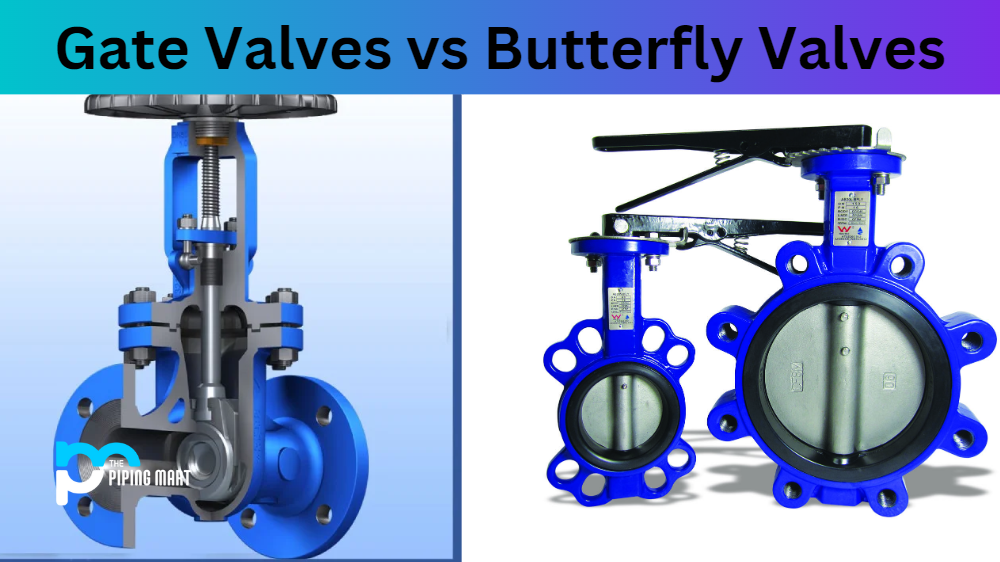In the oil and gas industry, casing valves are often used to control the pressure and flow of fluids in a wellbore. However, while these valves offer several advantages, some disadvantages must be considered before using them. This blog post will discuss the pros and cons of using casing valves in oil and gas operations.
Advantages of Casing Valves:
Increased Safety: Casing valves can improve safety in a wellbore by allowing operators to regulate the flow of fluids in a controlled and predictable manner. This reduces the risk of sudden pressure spikes or fluid surges that can cause blowouts or other dangerous events.
Better Control: Casing valves provide better control over the production and injection of fluids into the wellbore. This can help improve operational efficiency, reduce downtime, and increase overall productivity.
Maintenance: Casing valves are relatively easy to maintain, and replacement parts are widely available, making it less time-consuming to keep them in good working condition.
Disadvantages of Casing Valves:
Cost: Casing valves can be expensive, especially compared to other flow control equipment types. This can make them cost-prohibitive for some operators, particularly those operating on a tight budget.
Installation: The installation of casing valves requires specialized equipment and skilled personnel, which can contribute to higher overall project costs.
Piping Integrity: Over time, casing valves can contribute to wear and tear on the internal components of the wellbore piping system. This can decrease overall piping integrity, which could lead to leaks and other safety issues.
Maintenance: While casing valves are relatively easy, maintenance still requires periodic inspections and repairs. This can add to the overall cost of using these valves, especially if the wellbore is remote or inaccessible.
Conclusion:
Casing valves are an important component of many oil and gas operations, offering several safety and production control advantages. However, they also come with some significant disadvantages, including cost and maintenance requirements that must be carefully weighed before deciding to use them. Using casing valves will ultimately depend on various factors, including project goals, budget constraints, and operational needs.

Pipingmart is a B2B portal that specializes in metal, industrial and piping items. Additionally, we share the latest information and information about materials, products and various types of grades to assist businesses that are involved in this business.




